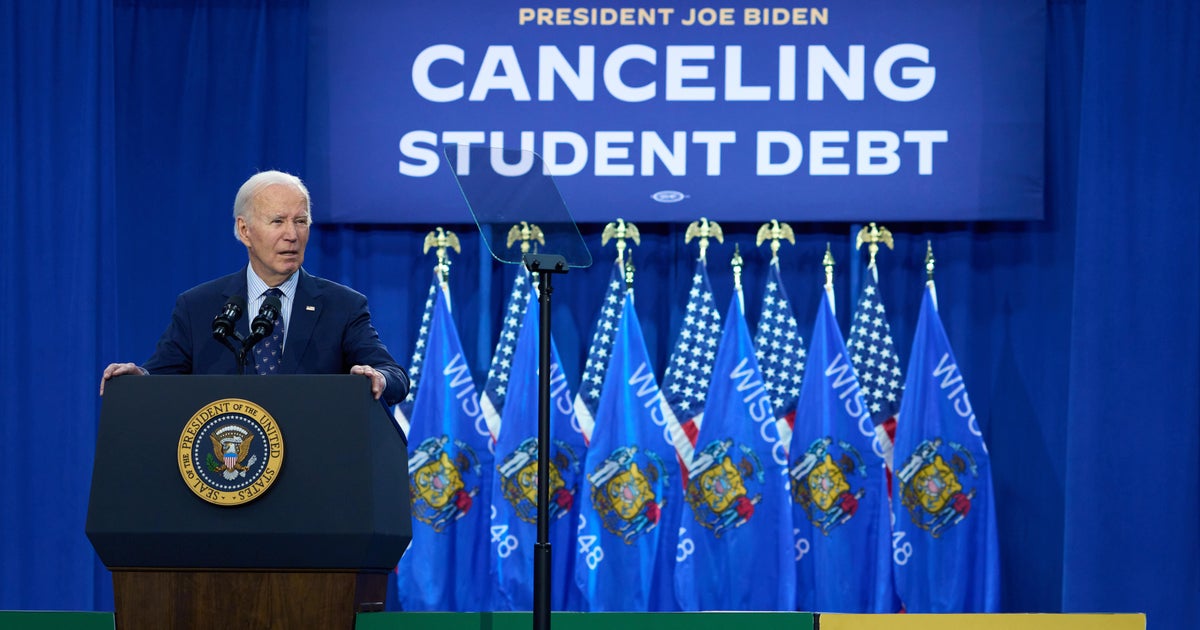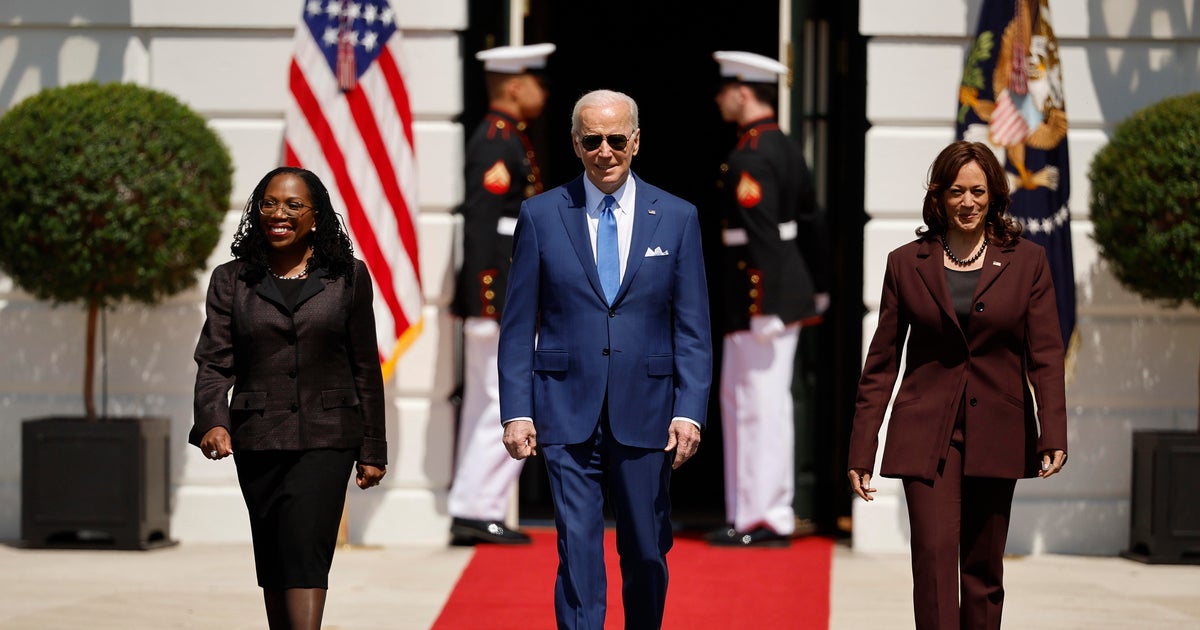Supreme Court declines to review scope of Section 230 liability shield for internet companies
Washington — The Supreme Court on Tuesday turned away a dispute that called for an examination of the scope of a federal law known as Section 230 that provides a powerful legal shield for internet companies and has faced growing scrutiny in recent years.
Enacted in 1996, Section 230 of the Communications Decency Act immunizes companies from civil liability stemming from content posted to their sites by third parties. Defenders of the measure have said it has allowed the internet to flourish and paved the way for online innovation. But critics have said Section 230 has been interpreted too broadly to allow social media platforms and other sites to escape accountability, and some of the justices themselves have urged the Supreme Court to address lower courts' interpretation of the law.
The court did consider the scope of Section 230 for the first time last year, in a case that involved whether the law's protections extended to a site's targeted recommendations for users. The justices, though, sidestepped a ruling in the case involving Google that could've limited the legal shield.
In turning away this latest legal fight, which involves Snapchat, the court declines another opportunity to address the reach of Section 230.
Justices Clarence Thomas and Neil Gorsuch dissented from the court's decision not to take up the case and said whether social media-platforms can be held responsible for their own misconduct warrants its review.
"[M]ake no mistake about it — there is danger in delay," Thomas wrote in a dissent joined by Gorsuch. "Social-media platforms have increasingly used Section 230 as a get-out-of-jail free card."
The Section 230 case
The case arose after an unnamed teenager, identified in court papers as John Doe, filed a lawsuit against Snap, the platform's parent company, after his science teacher allegedly used the app to groom the then-15-year-old by sending him sexually explicit content. Doe's lawyers argued that Snapchat's main feature — short-lived videos and photos — created an opportunity for the teacher to "draw Doe in without leaving a trail."
In addition to suing Snap, Doe's lawsuit also named the teacher and his school district. The company moved to dismiss the complaint, arguing that Section 230 bars Doe's claims and any others that arise from a third party's use of the platform. A federal district court agreed that Snap was immune from civil liability and tossed out the suit.
The U.S. Court of Appeals for the 5th Circuit then upheld the district court's decision, citing a 2008 ruling that found Section 230 immunizes computer services from claims involving content generated by their users.
The full slate of 5th Circuit judges considered whether to review the case, and voted 8-7 against reconsidering it. The seven justices who favored rehearing the case argued that given the growth of internet companies, they cannot enjoy sweeping immunity when maintaining power over information and content posted to their sites.
Doe appealed the 5th Circuit's decision to the Supreme Court, arguing that Section 230 has been interpreted too broadly to shield internet companies from any suit that involves third-party content.
He argued that as social media use has proliferated in recent years, particularly among teenagers, platforms have created environments where children are targeted for abuse and exploitation online. Because lower courts have interpreted Section 230 as a broad legal shield, Doe said there is no way to hold internet companies accountable for misconduct.
"With Section 230 immunity in hand, social media platforms are doing next to nothing to address the dangers their platforms pose to children for fear that any action they take might also decrease membership, usage, and revenue," Doe's lawyers wrote in a filing urging the Supreme Court to review the 5th Circuit's decision.
They also warned that while there is legislation pending before Congress that would amend Section 230, it's unlikely those proposals will become law.
"This Court should not sit on its hands waiting for Congress to do something when, properly interpreted, Section 230 does not bar claims, like Doe's, which are based on an internet platform's own misconduct," Doe's lawyers said. "Overbroad immunity under Section 230 is a judicially created problem, and this court's intervention is the solution."



